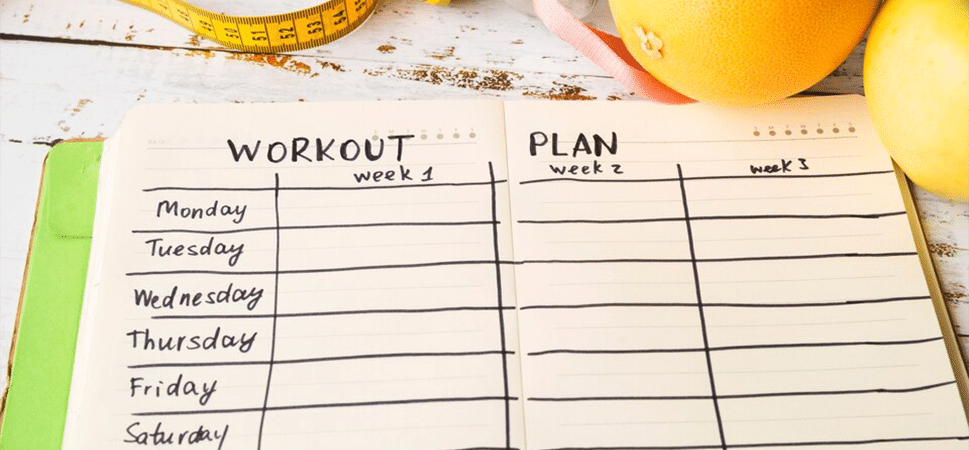Identify your motivation

Before setting fitness goals, identify why you want to achieve them. Do you want to feel more confident in your body? Improve your overall health? Participate in a specific event or activity? Knowing your motivation will help you set realistic goals aligning with your values and desires.
Make your goals specific

Instead of setting vague goals like "get in shape," make your goals specific and measurable. For example, "lose 10 pounds in 2 months" or "run a 5k in under 30 minutes." This will help you track your progress and celebrate your achievements.
Set realistic goals

It's important to set challenging and realistic goals. Setting huge unrealistic goals can lead to frustration and disappointment. Consider your current fitness level, lifestyle, and any health conditions you may have when setting your goals.
Create a plan

Once you have identified your goals, create a plan of action. Break down your main goals into smaller, achievable steps and create a timeline for when you want to achieve them. This will help you stay motivated and focused on your goals.
Track your progress

Keep track of your consistent progress by measuring your weight, body measurements, or workouts. Seeing your progress can motivate and help you stay on track toward your goals.
Celebrate your achievements

Celebrate your accomplishments along the way. Acknowledge your hard work and dedication, whether reaching a specific weight loss goal or running a personal best time.
Setting fitness goals smartly can help you improve your overall health and well-being. By identifying your motivation, making specific and realistic goals, creating a plan of action, tracking your progress, and celebrating your achievements, you can stay motivated and on track toward achieving your fitness goals. Remember to be patient, stay consistent, and enjoy the journey toward a healthier and happier you!









.jpg?updatedAt=1735200955338)
.jpg?updatedAt=1735197007532)